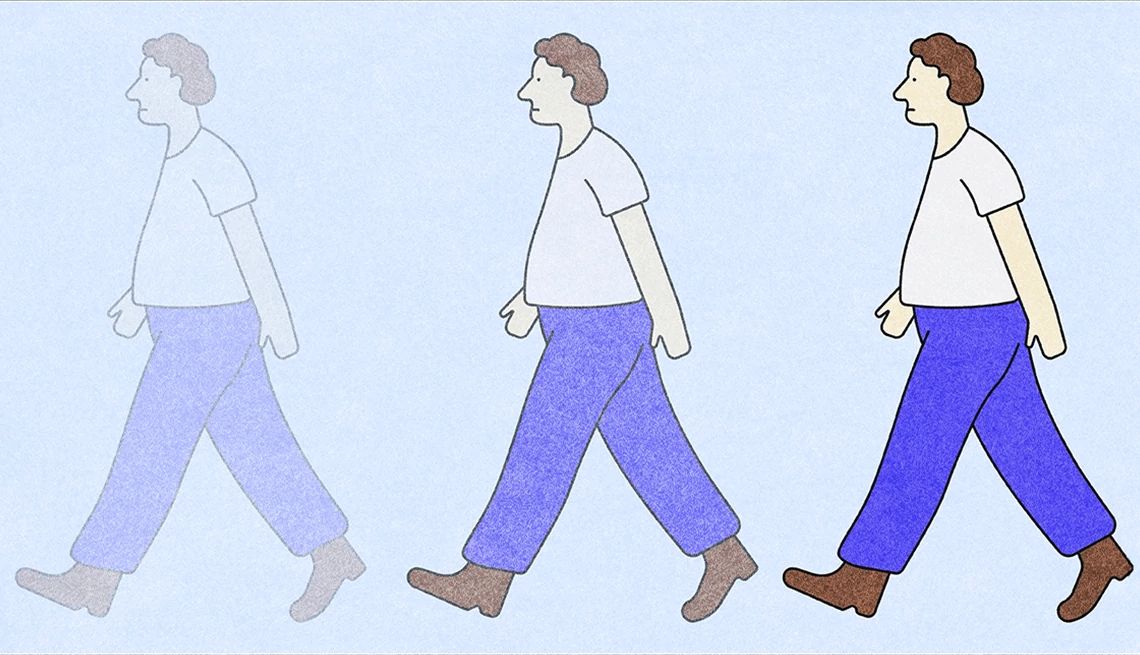AARP Hearing Center


Welcome to Ethels Tell All, where the writers behind The Ethel newsletter share their personal stories related to the joys and challenges of aging. Come back each Wednesday for the latest piece, exclusively on AARP Members Edition.
I was sitting at my desk on a Monday morning when my cellphone rang. Glancing at the caller ID, my heart did a leapfrog in my chest. It was an expected — yet dreaded — call. A voice on the line said, “It’s time.” As I drove the eight hours to the nursing home, I knew the next few days would prove devastating for reasons other than just the imminent physical loss of my mother.
She had suffered a serious fall at home nine months prior. It resulted in surgery, complications and, ultimately, hospice care. I quietly entered my mother’s room and observed my brother standing by her bedside. I saw him glance my way as I paused at the door, waiting. He leaned down to whisper goodbye, hoisted his backpack onto a shoulder, and walked toward me. I ventured a hello, nervously preparing for a brotherly hug or some comforting gesture, but I needn’t have bothered. He walked past me without acknowledging my presence or greeting me, as if I were invisible. The hurt I had learned to ignore was back. My brother and I have been estranged for years, and the reasons why are still unclear to me.
I was 9 when the youngest of my three brothers was born with cystic fibrosis, a chronic lung condition that at that time was almost always fatal. The stress for my harried parents of raising two teenage boys, a prepubescent daughter and a chronically ill toddler in a small house on a single lower-middle-class income was a seemingly insurmountable challenge. Our sick brother was our parents’ top priority. Collectively, the three other children vied for parental attention and experienced feelings of jealousy, resentment, neglect and loss. Sadly, my brother passed away at age 9, and familial memories remained strong.
As we reached adulthood, my middle brother began to deliberately distance himself, physically and emotionally. Not only did we live in different states, but he also declined most invitations to family gatherings. Phone calls were rare, and as the years passed, emails and texts became outlets for blame against perceived slights. Our own children were strangers, not the close, loving cousins we had hoped they would be.
I had always enjoyed a close relationship with my oldest brother, but not so with the middle one. Our interactions for the past few years could be described as a series of emotionally alienating encounters. I had no friends who were estranged from their siblings, so I had no confidantes.




































































You Might Also Like
Doctor, What is the Best Way to Treat Joint Pain?
A doctor’s advice for relieving aching and swelling from knees, shoulders, spine and hips
How Three College Pals Stayed Close — and Took on the Mississippi
By paddling the river bit by bit, these AARP members lived their grand adventure for 20-plus years
Why Barbara ‘Babs’ Costello Is the Internet’s Favorite Grandmother
76-year-old grandfluencer shares even more home, cooking and living tips in newest book, ‘Cooking With Babs’